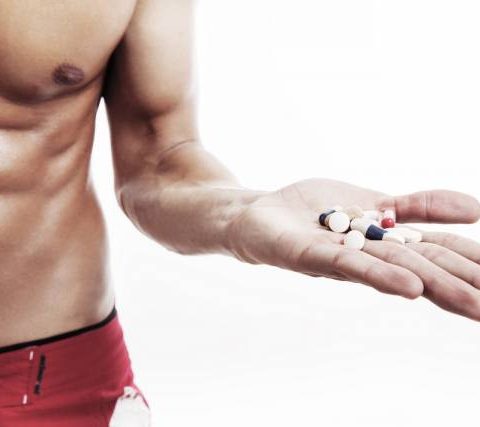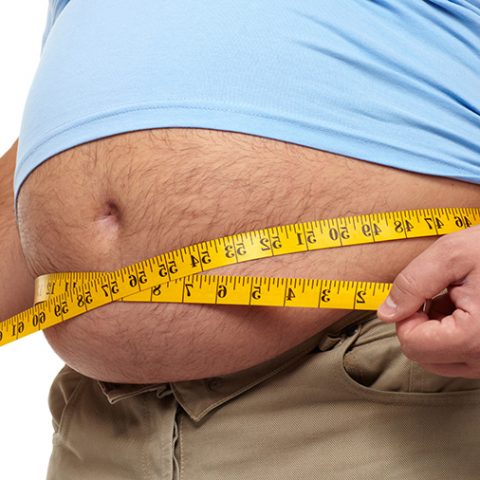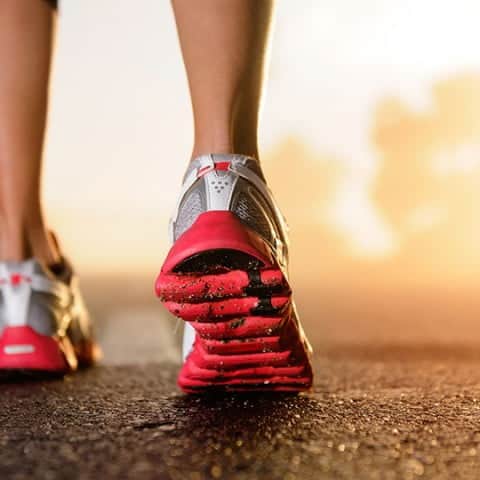We all know the feeling of sore muscles, right? Some actually enjoy the pain, whilst many suffer through it. But why exactly do we feel feel stiff and aching? Is it a sign of overtraining or not enough? In the following, we will briefly provide some insight into what happens within your body, why you feel discomfort and pain, plus what you should be paying attention to.
Why do we get muscle soreness?
When you put stress on your muscles for the first time at all, after a long time of inactivity or if you just use them very intensively, small microscopic tears will occur in the muscle fibers; so called microtrauma. During regeneration, these small damages get repaired. In the process, your muscle gets filled with oxygen and nutrients, which causes it to swell. In turn it causes the muscle to press against the nerves around it, which we perceive as pain.
Since your body needs time to initiate these processes, muscle soreness often occurs not until one or even two days after training as so called delayed onset muscle soreness (DOMS).
In former times, people thought that lactic acid was the cause for DOMS. This has meanwhile been disproved – however, it is still a popular misunderstanding and widespread superficial knowledge.
Is muscle soreness dangerous?
No! The good news is: It sounds worse than it actually is. Your body adapts to your training regimen and repairs these microscopic tears in order to become more powerful; in other words to gain strength and endurance. Every workout makes your body more resistant. Thus, aching muscles will become less frequent and soreness less intense. However, if occurring muscle soreness persists for several days, you could be on the brink of serious injury and therefore, in the interest of safety, should consult a doctor or physical therapist.
Have I trained too little if I don’t feel any muscle soreness?
Not having stiff muscles does not mean that your muscles do not develop. Your body keeps adapting to the stress your body goes through during a workout. As a result, the repair of microtrauma becomes less demanding physically. So, the regeneration processes still cause an adaption and make your muscles more powerful. So don’t worry even if you might feel no soreness at all.
Can you treat muscle soreness?
There is no cure or quick fix for muscle soreness. You just have to give your body the time it needs to recover. Different treatments work differently for many people. We at GetFit Travel explicitly ask you to avoid any form of training in case of severe pain! Continuing your training might lead to an increase of the micro tears within your muscles and therefore severe damage over time.
However, we recommend a slight stretching of the affected muscles, as well as light exercises such as walking or swimming. Doing this, you can increase the flexibility of and the blood flow within your muscular system and can therefore effectively support the healing process. Sometimes the smallest amount of effort on days where you are stiff and sore can provide an overwhelming benefit.
Read More About It
http://www.webmd.com/fitness-exercise/features/sore-muscles-dont-stop-exercising




